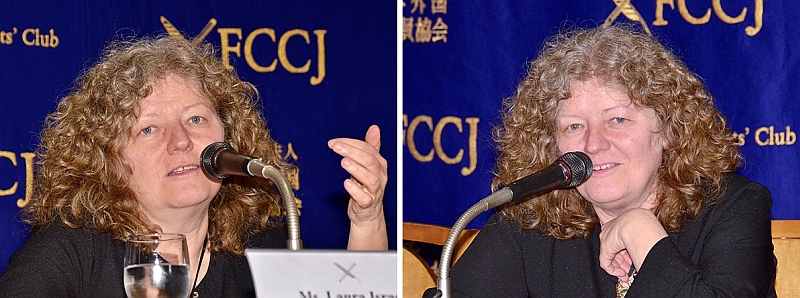SEKIGAHARA
Mitsunari Ishida as a humane, love-struck champion of truth? Ieyasu Tokugawa as a bloated, nail-biting, self-serving opportunist? Leave it to master storyteller Masato Harada — returning to FCCJ for a record-breaking fifth time in 10 years — to delve into one of Japanese history’s watershed episodes, and to emerge with a powerful reinterpretation that completely overturns our conventional understanding of its key players, transforming their fateful conflict into a war between justice for the greater good and absolute power for the chosen few.
The battle of Sekigahara, fought on a single day in 1600, is considered a defining moment in Japan’s future. Lasting just six hours, with forces estimated to number over 150,000 (30,000 of whom would not survive) its outcome brought to an end the centuries-long Warring States period. By 1603, the victor was named shogun and ushered in the peace, stability and growth that would last throughout the 260 years of the Edo period.



